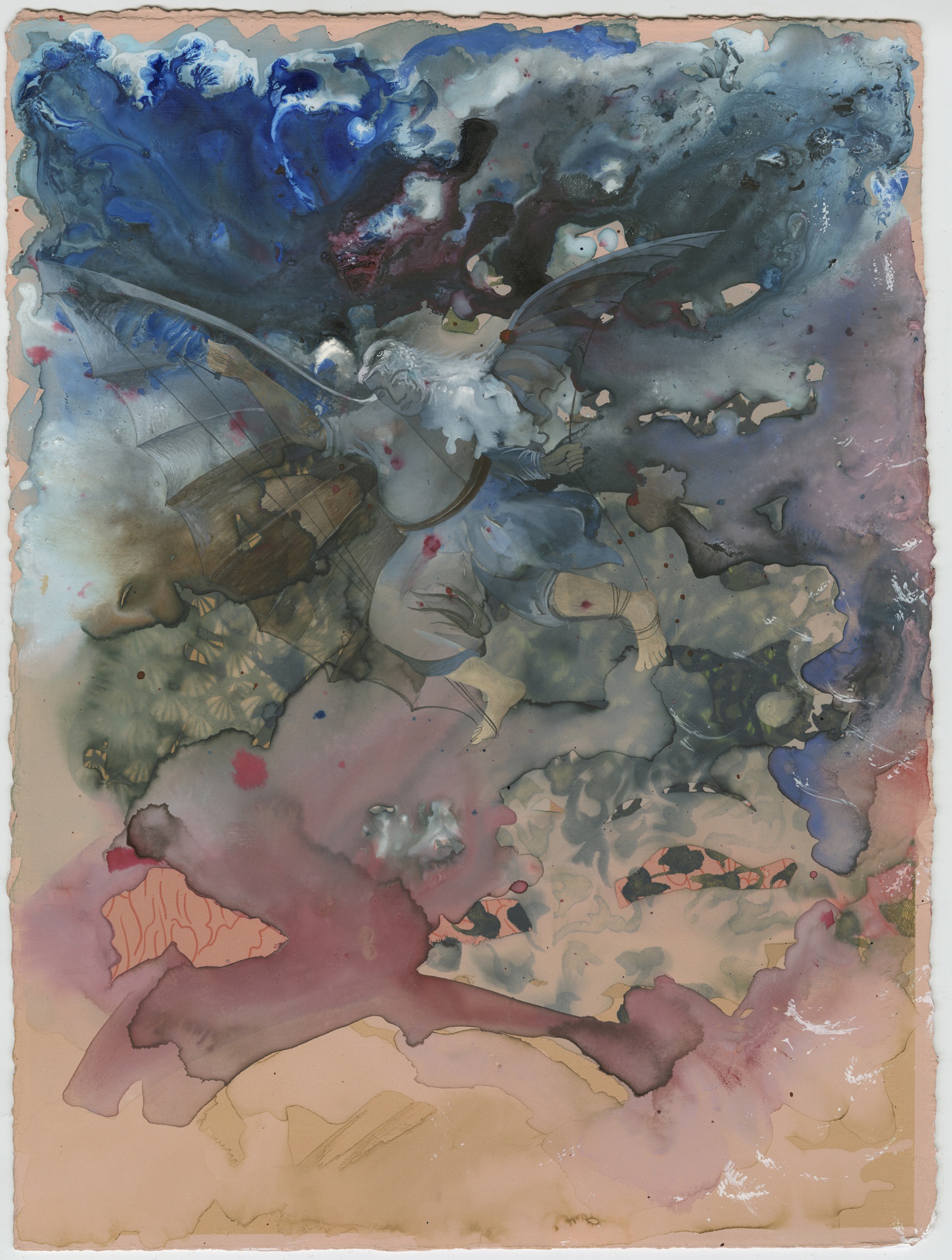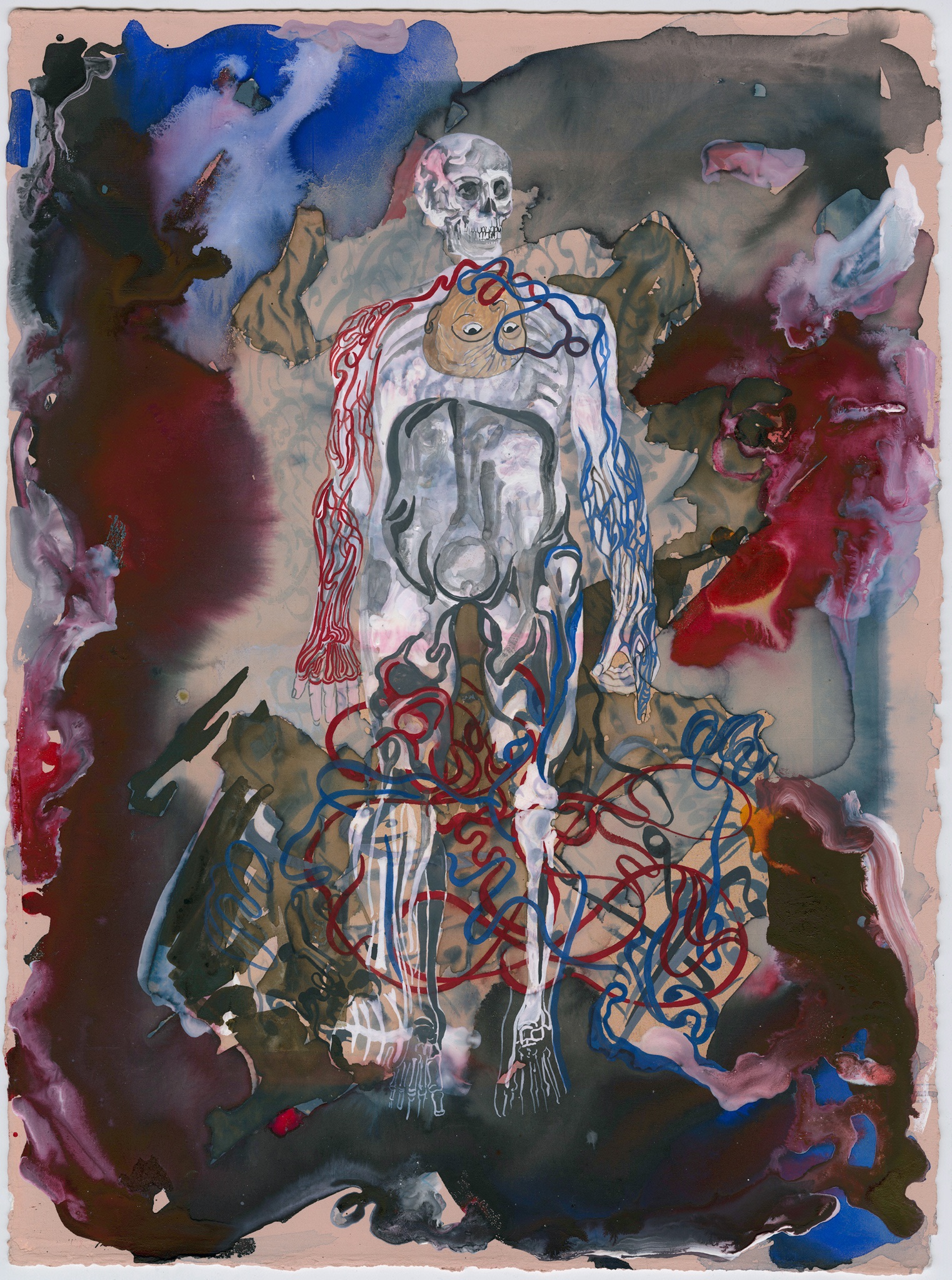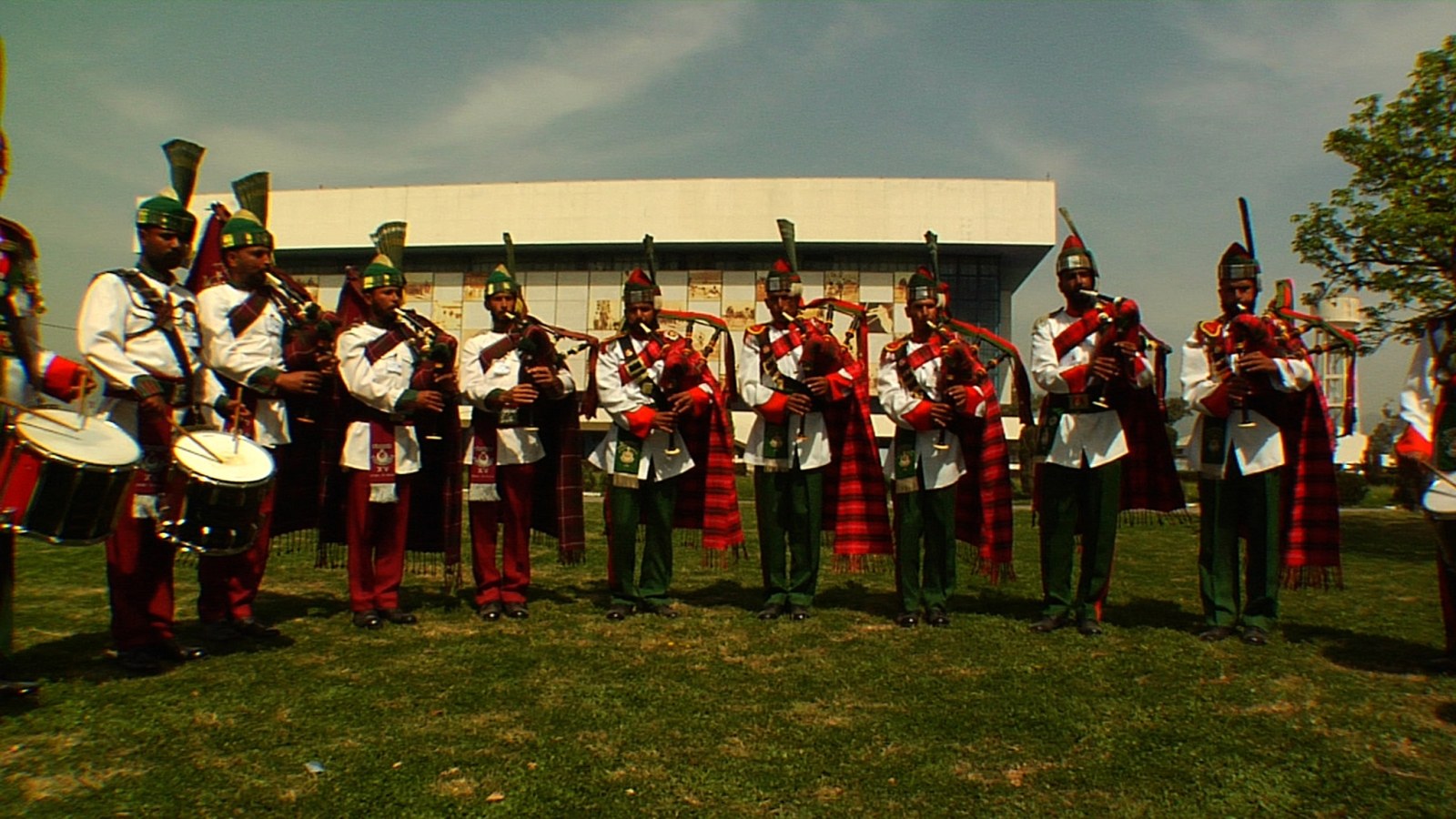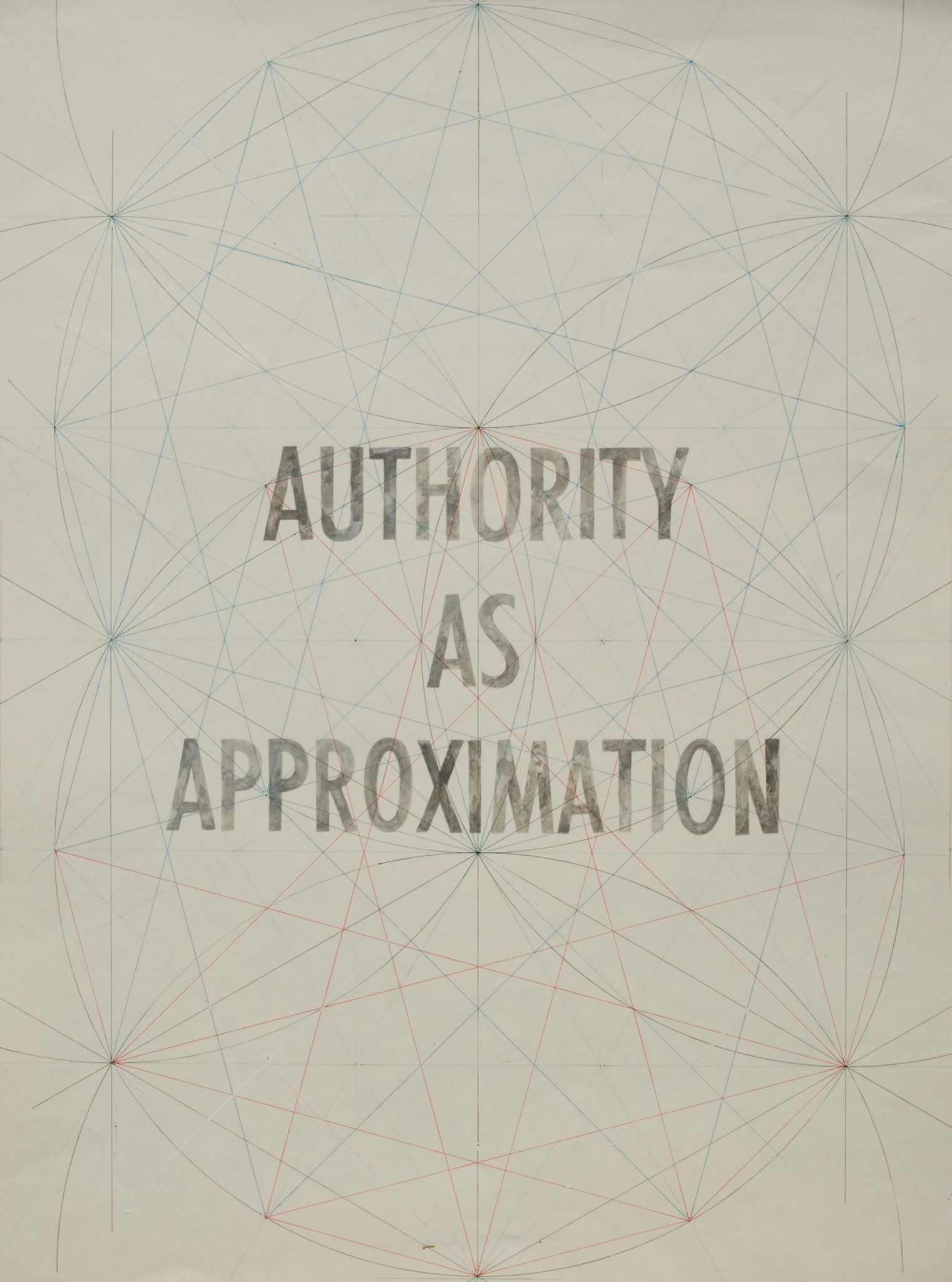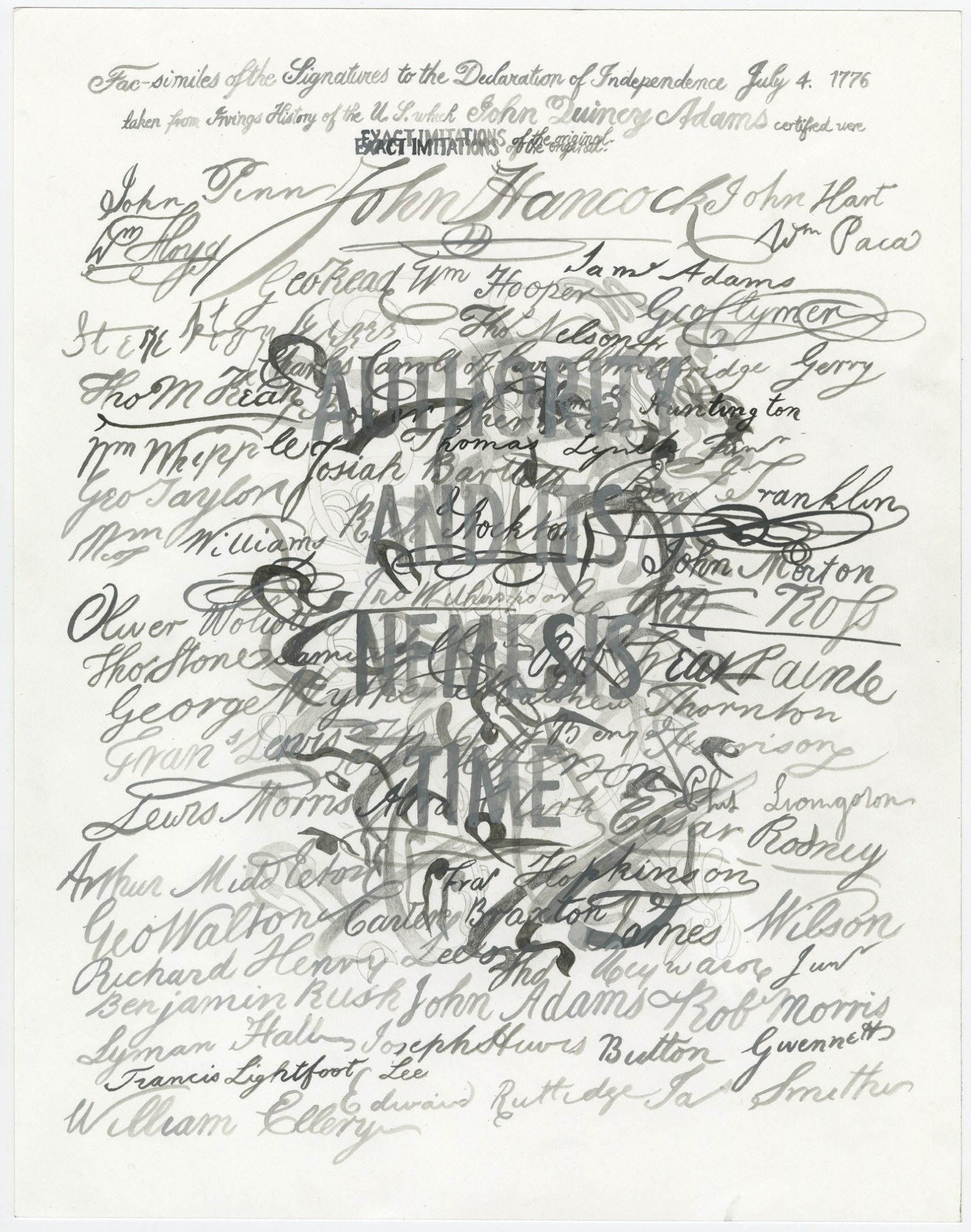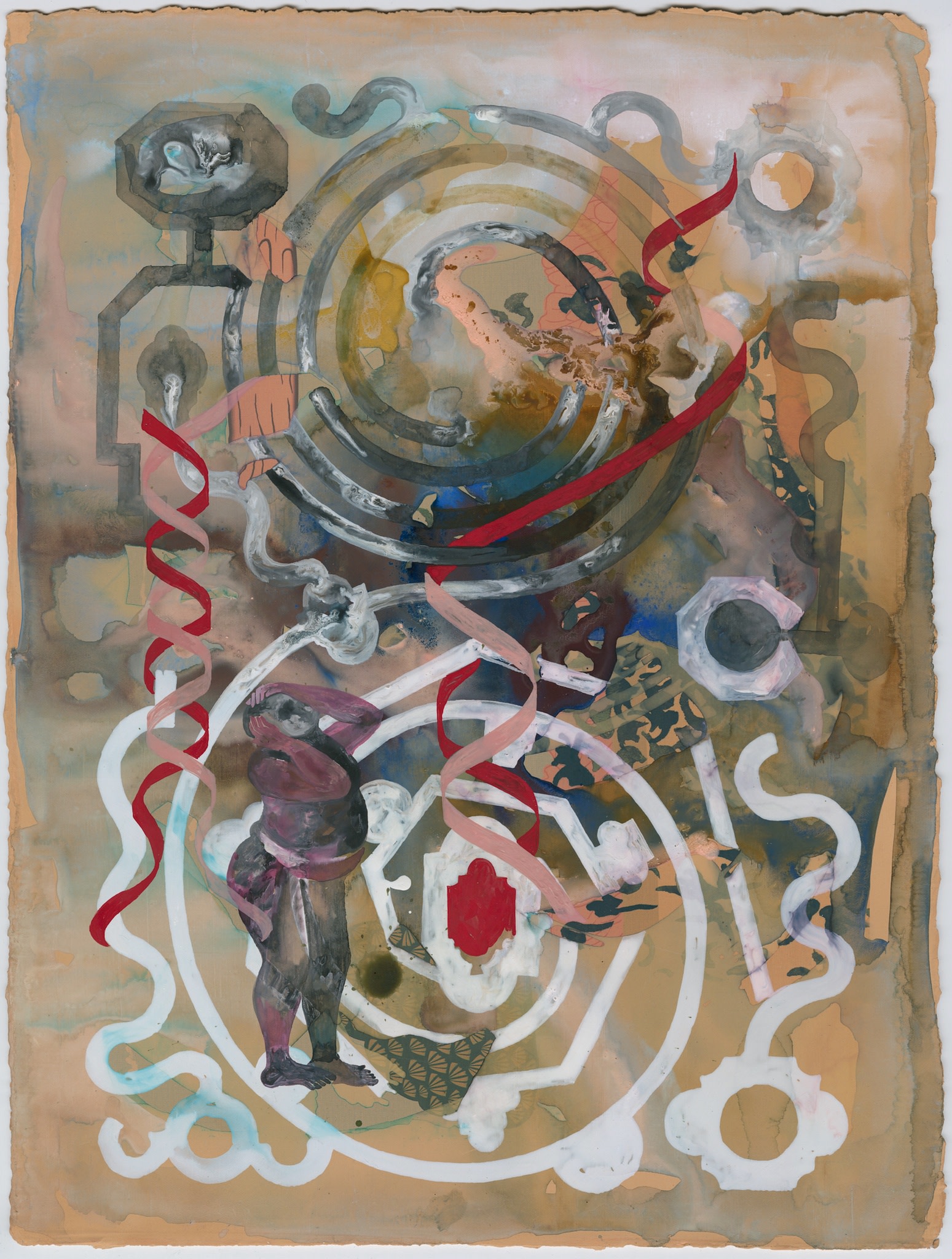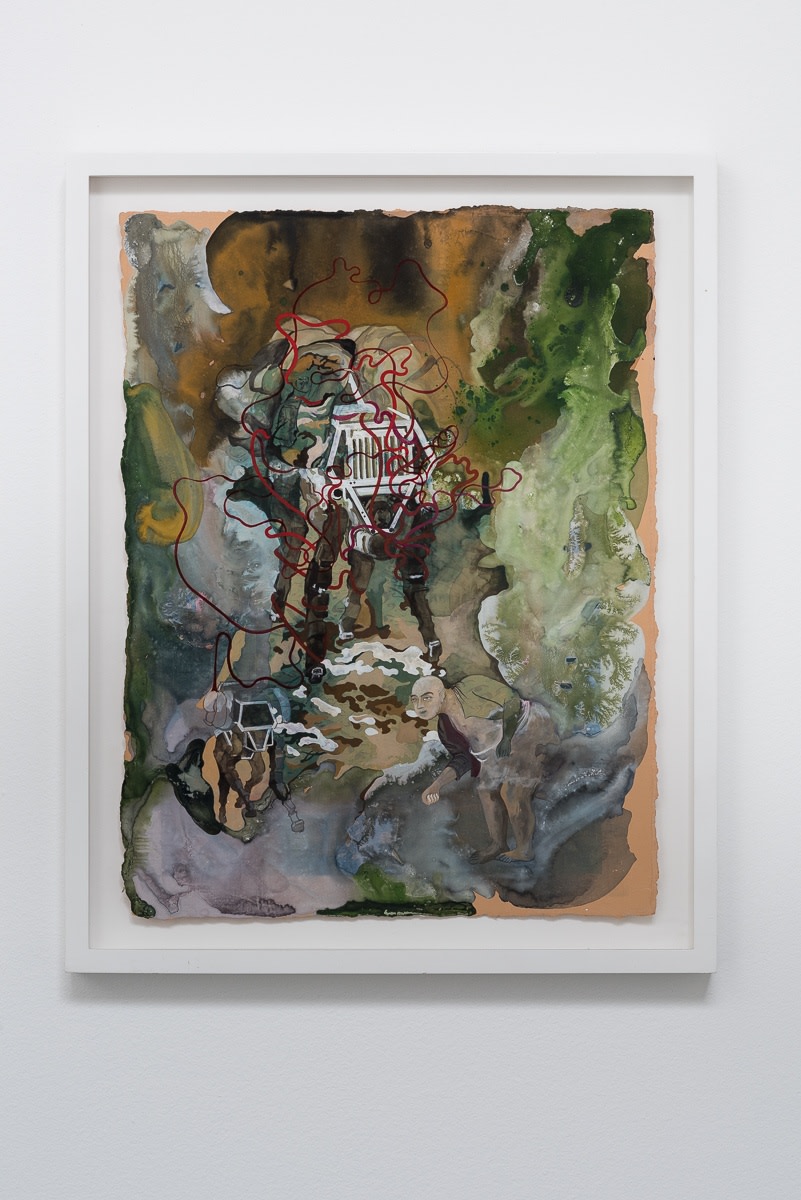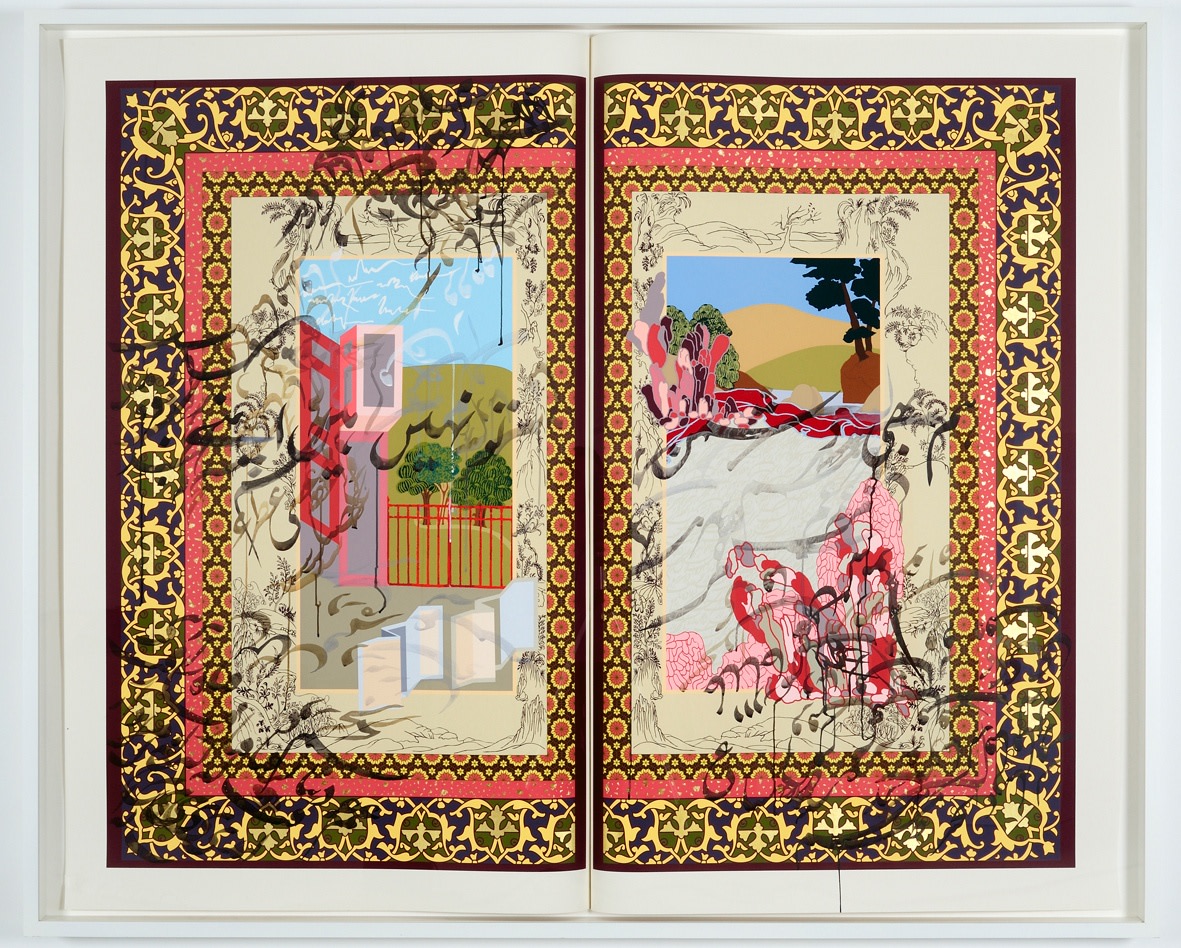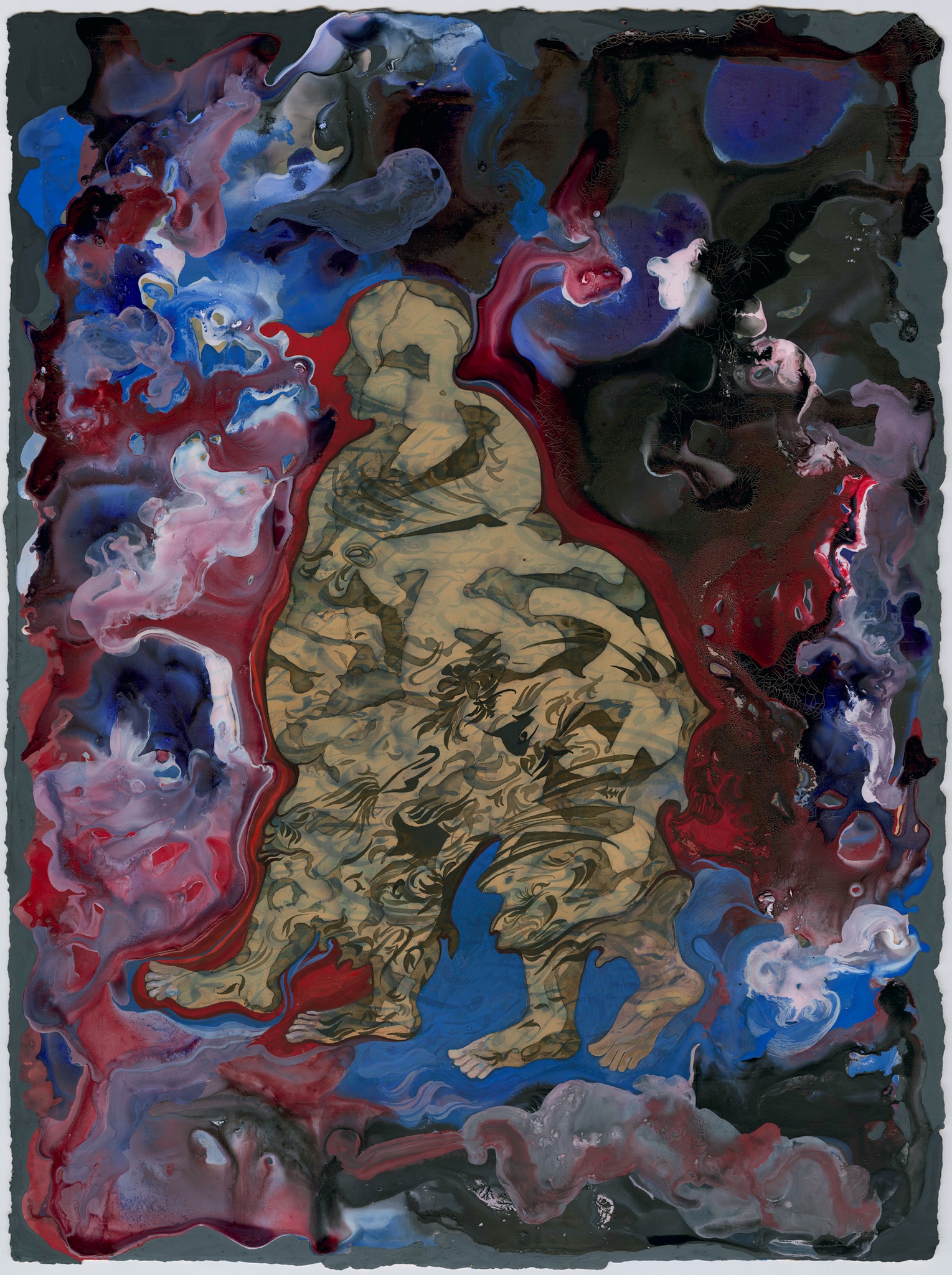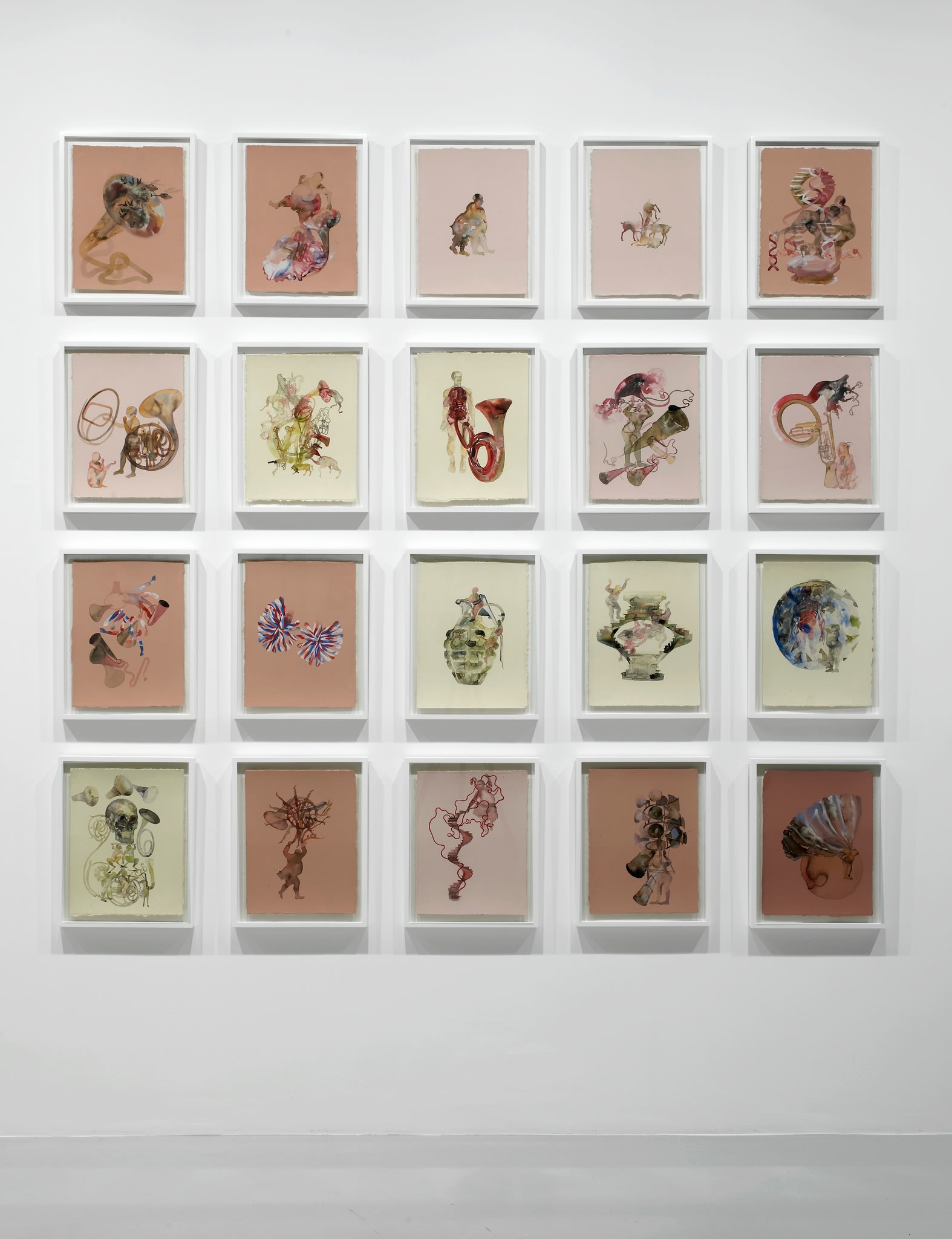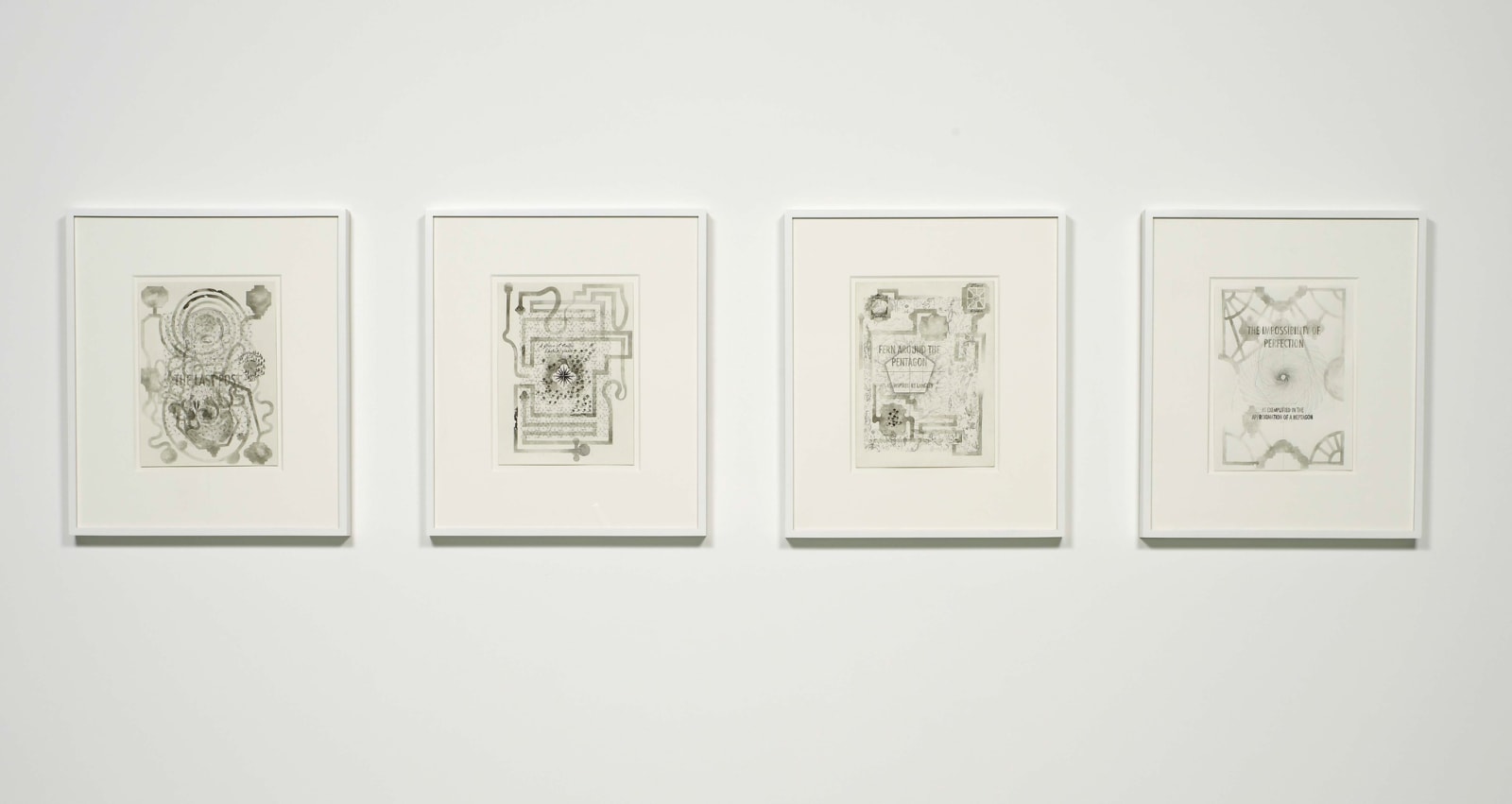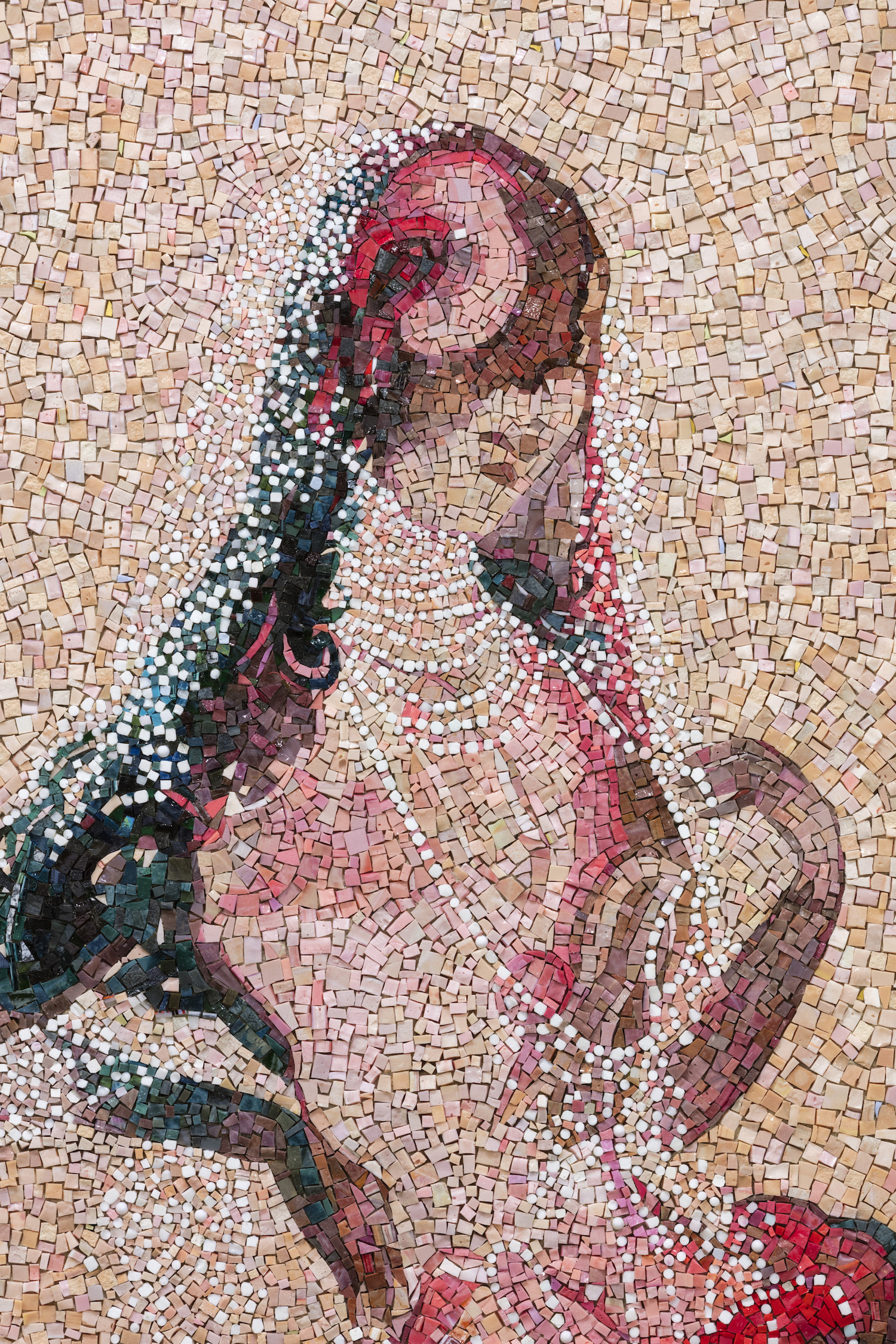Overview
Since the early 1990s, Shahzia Sikander has been instrumental in the rediscovery, re-infusion, and re-contextualization of Indo-Persian miniature painting. Trained as a miniaturist at the National College of Arts, Lahore, Sikander has pioneered an experimental approach to the anachronistic genre. Encompassing painting; drawing; animation; installation; video, and film Sikander's multi-dimensional praxis radically rearticulates the miniaturist tradition by inserting new dialogue that is often subversive and polemical in nature. Working from a rich 'mental archive of imagery', Sikander's visual vocabulary engages a multiplicity of themes including transformation as narrative, the exploration of disruption as a means to cultivate new associations, and issues concerning labour, scale and time.
Sikander's first presentation at Pilar Corrias Gallery reveals a fascinating insight into her thought processes and methods of meaning making. In Sikander's latest video Bending the Barrels (2009) military rhetoric is staged against military pageantry. Examining the marching band as a political device, the video superimposes scenes of soldiers peacefully playing music with authoritative military pronouncements. Challenging the viewer to explore the way in which the silent, subliminal character of written language functions to subordinate imagery, Bending the Barrels resonates powerfully in the context of Pakistan's long struggle against military dictatorships, Islamic fundamentalism, and failed democratic attempts.
The authority of the text and its relationship with image is further developed in a new large-scale multi-media work in which a graffiti-like declaration 'I am also not my own enemy' is inscribed in Urdu across a meticulously crafted pictorial surface. The phrase is a fragment of a verse from an Urdu poetry genre called Ghazal from the poet Ghalib. Taking the form of a response or a conversation with the metaphorical lover, the Ghazal is notorious for defying interpretation. Fusing a fragment of poetry with formal pictorial imagery, I am also not my own enemy captivates and with deeper study becomes as multifaceted in meaning and interpretation as the Ghazal itself. The power of this work lies in its simple exactness and over arching ambiguity in the questions that it raises.
An array of paintings and drawing rich in overlapping ideas form the third component of the show. Quick, gestural ink drawings seem to follow the dynamic of the video, Bending the Barrels. Providing a metaphorical parallel viewpoint these works exist as a sort of abstract storyboard. Other meticulously detailed ink and graphite works challenge the viewer with their potential for multiple interpretations. 19th Century layouts of real and imagined Langley gardens adorned with iconic imagery and symbols of state have been created as possible future projects. Islamic geometric motifs drawn from art and architecture evolve into telescoping pentagons which are consumed and devoured by their own camouflage. Locked in mathematical union, the result is a stalemate for which there are no possible alternatives - a disquieting result.
Shahzia Sikander was born in 1969 in Lahore, Pakistan. She received her B.FA from the National College of Arts, Lahore, Pakistan and an M.F.A from the Rhode Island School of Design, Providence. Major solo exhibitions of Sikander's work include Para/Site, Hong Kong (2009); Ikon Gallery, Birmingham (2008); daadgalerie, Berlin (2008); Irish Museum of Modern Art, Dublin (2007); Museum of Contemporary Art, Sydney (2007); Miami Art Museum, Miami (2005); Aldrich Contemporary Art Museum, Ridgefield (2004); The San Diego Museum of Art, San Diego (2004); Hirshhorn Museum and Sculpture Garden, Washington D.C (2000), Whitney Museum of American Art, New York (1999) and the Renaissance Society, Chicago (1998).
Sikander has been the recipient of numerous awards, grants and fellowships, including the John D. and Catherine T MacArthur Foundation Achievement award (2006-2011); the National Pride of Honor by the Pakistani Government (2005), the Joan Mitchell award (1998-999), and the Tiffany foundation award (1997). In 2006 Sikander was a named a Young Global Leader by the World Economic Forum. Shahzia Sikander lives and works in New York City and Pakistan.


